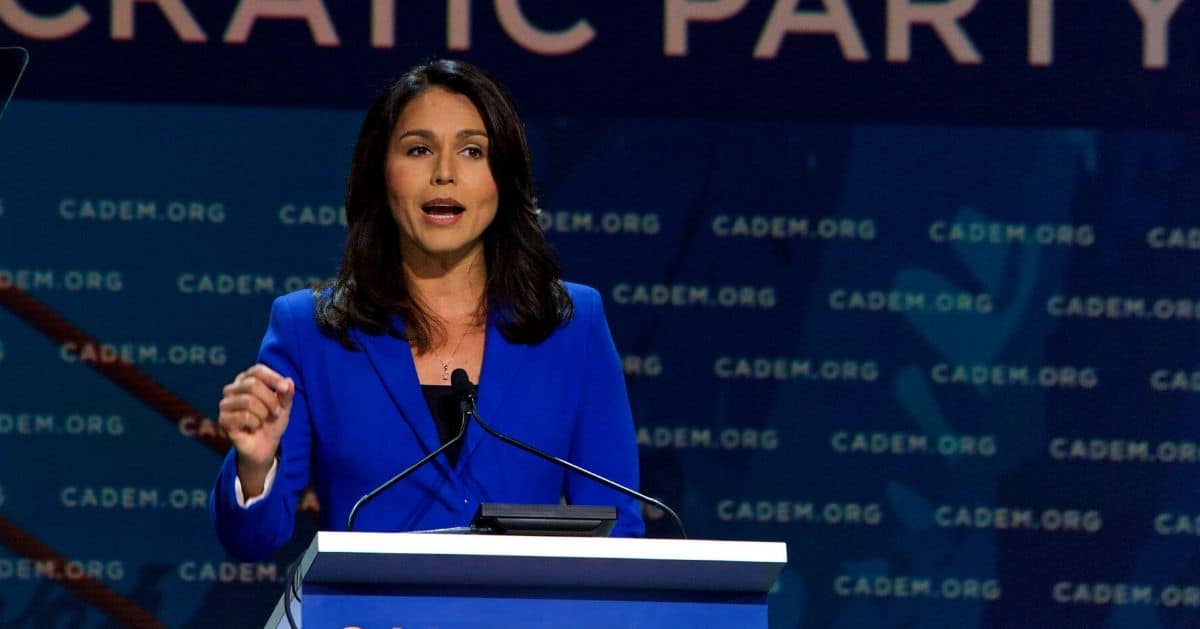






Judges in the federal court in Washington, D.C., expressed strong objections to former President Donald Trump's pardoning of more than 1,500 people tied to the January 6, 2021, incidents at the Capitol.
The Daily Caller reported that the judges voiced concerns that these pardons and sentence reductions could not alter the factual history as substantiated by comprehensive trials and evidential records.
President Trump recently announced pardons and sentence commutations for individuals implicated in the January 6 events, sparking a wave of dismissals in Washington, D.C.'s federal court.
Among these legal reliefs were full pardons for most of the individuals involved and commuted sentences for 14 others.
Judge Beryl Howell dismissed the cases against Nicholas Ochs and Nicholas Decarlo, both linked to the Proud Boys, after they were sentenced to four years in December 2022.
She expressed her disapproval, emphasizing the pardons should not perpetuate any “revisionist myth,” referring to the narrative seemingly reframed by the presidential decree. She underscored the original prosecutions' role in defending democracy, adding they represented the U.S. tradition of peaceful power transitions.
Judge Howell emphasized that the legal proceedings undertaken set an example globally, showing a commitment to upholding democratic values and processes.
Her remarks suggest the historical documentation and outcomes of these prosecutions serve as a hallmark against any politically motivated reinterpretations.
Similarly, Judge Tanya Chutkan dismissed charges against John Banuelos, who faced allegations for discharging a firearm. In her ruling, she expressed that dismissing these charges fails to mend the breach in the United States' revered practice of power transitions.
Judge Chutkan continued in her observations by asserting the longevity of the historical records, stressing they should stand unaltered by political influences, providing both testimony and caution for the future. Her concerns underscore the importance of preserving the truth through legal precedents as an unwavering fixture in U.S. history.
Judge Colleen Kollar-Kotelly addressed the case of Dominic Box, found guilty of several charges, including entering the Capitol early and engaging in confrontations. Although his sentencing is set for February 21, the case was dismissed following the pardons.
Judge Kollar-Kotelly underscored that the clemency measures undertaken cannot change the true events of that significant day in January 2021. She pointedly remarked on the permanence of these historical records, which remain unchanged and hold the authenticity of what transpired.
Her perspective reinforces the idea that the outcomes and accounts from legal actions surrounding the January 6 event are foundational elements of the historical record. These records, maintained through courts and legal channels, serve as unwavering truths of the events.
Adding complexity to the situation, it was reported that former President Joe Biden, before the conclusion of Trump’s presidency, had issued preemptive pardons. These pardons were extended to members of the January 6 committee, his own family, Dr. Anthony Fauci, and General Mark Milley.
This action by President Biden adds an additional layer of political and legal intricacies to the unfolding of events related to January 6.
The interplay of pardons highlights differing administrative approaches to the aftermath and accountability of the event.
The dismissals prompted by Trump’s actions invite a detailed examination of the balance between executive power and judicial integrity. Judges have visibly shared their reflections and the significance they place on maintaining the sanctity of historical narratives unchanged by subsequent political acts.
Their responses evoke a larger dialogue on how presidential pardons can influence legal documentation and interpretation while underscoring the judiciary’s role in safeguarding truth and historical accuracy.
The court's commitment to preserving factual records stands as a testament to its dedication to upholding justice regardless of external pressures.



